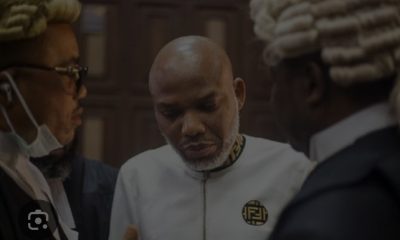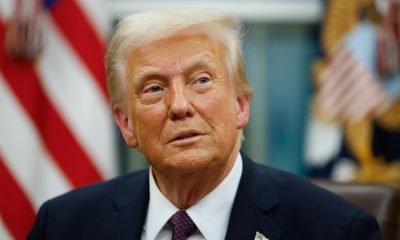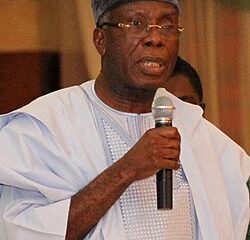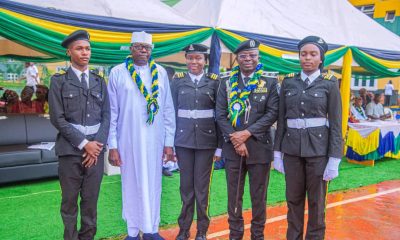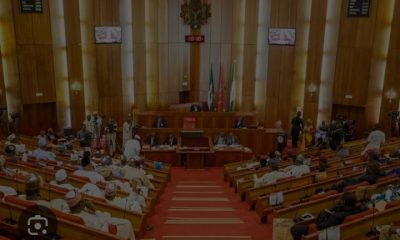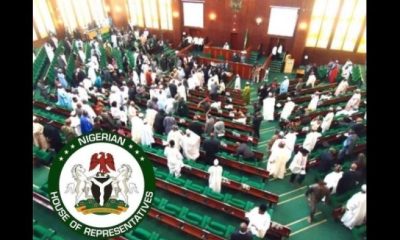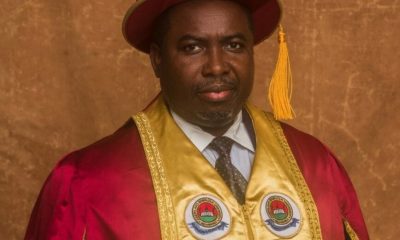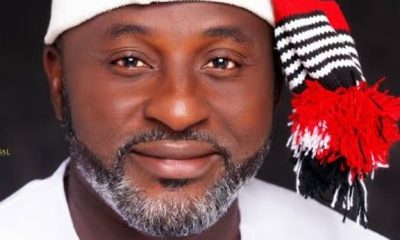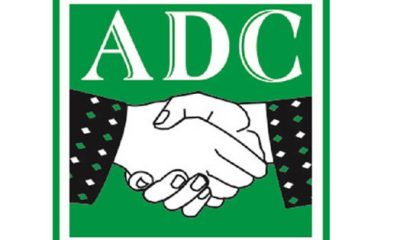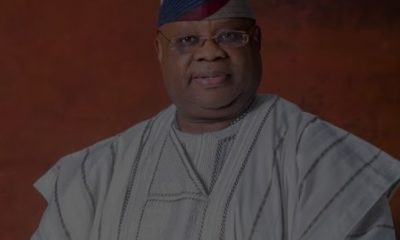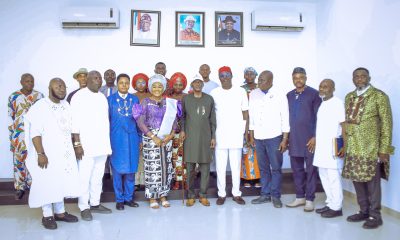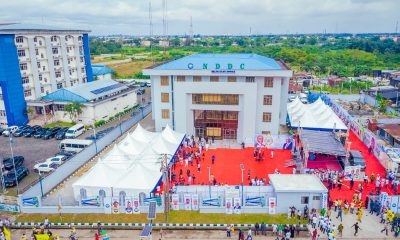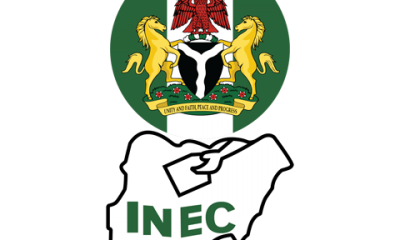Uncategorized
NASS Has A Constitutional Role in Legitimizing Governance in Rivers- House Leader. …..As Sole Administration begs for more time to brief panel
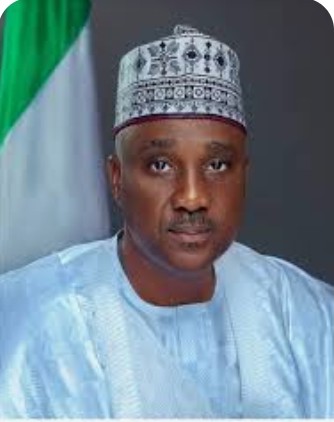
Politics
When Transparency Becomes Luxury: INEC and ₦1.5B FOI Controversy
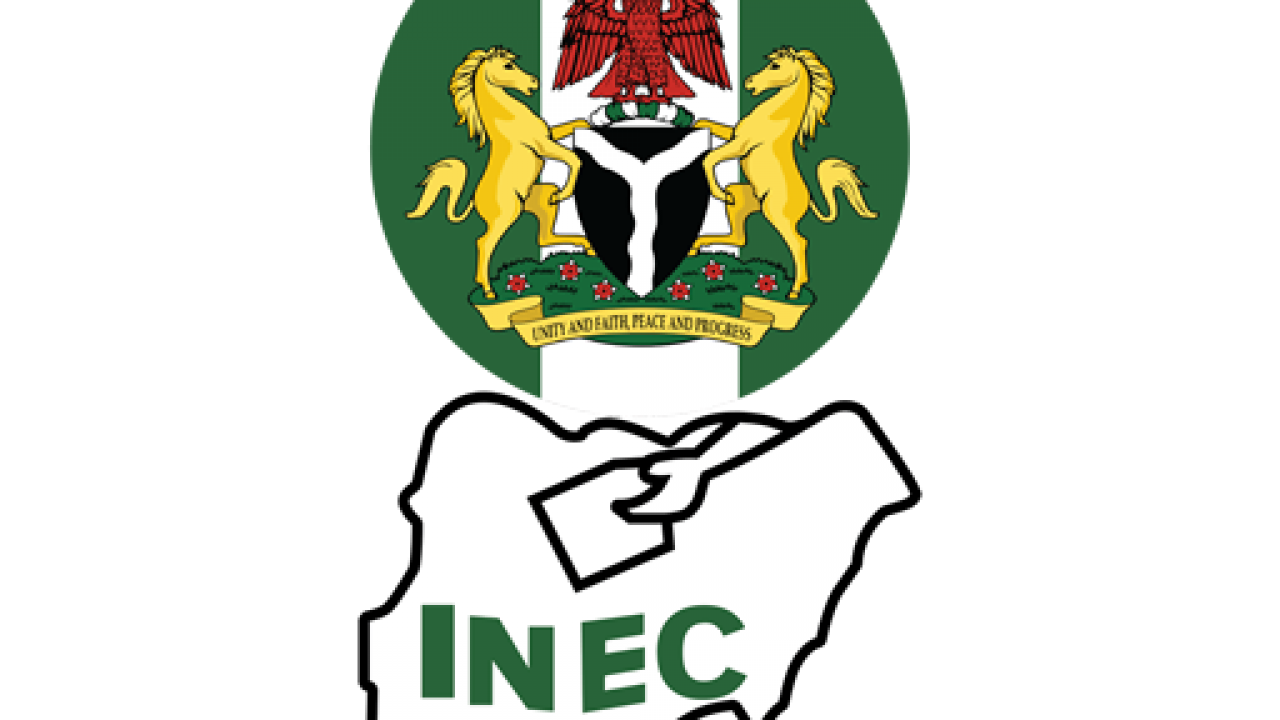
By Chike Walter Duru
When the Independent National Electoral Commission (INEC) recently demanded a staggering ₦1.5 billion from a law firm for access to the national register of voters and polling units, many Nigerians were left bewildered. The request was made under the Freedom of Information (FOI) Act, 2011 – a law designed to make public records accessible, not to commercialize them. INEC’s justification, couched in legalese and bureaucratic arithmetic, raises a deeper question: Is Nigeria’s electoral umpire genuinely committed to transparency and accountability?
At the heart of this controversy is a simple statutory principle. Section 8(1) of the Freedom of Information Act clearly stipulates that where access to information is granted, the public institution may charge “an amount representing the actual cost of document duplication and transcription.” The framers of this law envisioned modest fees; not financial barriers.
INEC, however, appears to have stretched this provision beyond reason. By invoking its internal guideline of ₦250 per page, the Commission arrived at the colossal figure of ₦1,505,901,750 for 6,023,607 pages – supposedly the total pages needed to print the entire national voters’ register and polling unit list. It is a mathematical exercise that may be sound on paper, but absurd in context and intent.
Let us be clear: transparency is not a privilege that comes with a price tag. It is a fundamental right. The Freedom of Information Act exists precisely to ensure that institutions like INEC cannot hide behind bureaucracy or cost to deny citizens access to information that belongs to them.
INEC’s justification, however elaborate, falls flat against the law’s overriding provisions. Section 1(1) of the FOI Act affirms every Nigerian’s right to access or request information from any public institution. More importantly, Section 1(2) establishes that this right applies “notwithstanding anything contained in any other Act, law or regulation.” This means that no internal guideline, regulation, or provision of the Electoral Act can supersede the FOI Act, within the context of access to information.
By relying on Section 15 of the Electoral Act 2022 and its own “Guidelines for Processing Certified True Copies,” INEC seems to have elevated its internal processes above a federal statute – a position that is both legally untenable and administratively misguided.
Civil society organisations have rightly condemned INEC’s response. The Media Initiative Against Injustice, Violence and Corruption (MIIVOC) called the fee arbitrary and unlawful, while the Media Rights Agenda (MRA) described it as a deliberate attempt to frustrate legitimate requests under the FOI Act. These reactions are not misplaced. Charging ₦1.5 billion for public records is tantamount to weaponising cost – turning what should be a transparent process into a pay-to-play system.
The Attorney-General of the Federation’s FOI Implementation Guidelines pegged the standard charge for duplication at ₦10 per page. Even at that rate, printing the same documents would not amount to anything close to ₦1.5 billion. Moreover, in an age of digital data, it is difficult to believe that the only way INEC can share information is through millions of printed pages.
It is worth noting that the National Register of Voters is a digital database – already compiled, stored, and backed up electronically. The polling unit list is also digitised and publicly available. What, then, justifies this astronomical fee?
Democracy thrives on openness. The credibility of any electoral body depends not just on the conduct of elections, but also on the degree of public confidence in its processes. If the cost of accessing basic electoral data runs into billions, how can civil society, researchers, or ordinary citizens participate meaningfully in democratic oversight?
The African Commission on Human and Peoples’ Rights’ Guidelines on Access to Information and Elections in Africa (2017) are explicit: election management bodies must proactively disclose essential electoral information, including voters’ rolls and polling unit data. Nigeria, as a signatory to this framework, is obligated to promote – not restrict access to such information.
By placing financial barriers in the way of public access, INEC risks undermining not only its own credibility but also Nigeria’s broader democratic integrity. Transparency should not be a privilege of the rich or the powerful. It should be a right enjoyed by all.
This incident presents an opportunity for reflection and reform. INEC must immediately review its internal cost guidelines for information requests and align them with the FOI Act and the Attorney-General’s Implementation Guidelines. More importantly, it should embrace proactive disclosure by publishing the national register of voters and polling units in digital formats that are freely accessible to the public.
There is no reason why information already stored electronically should require billions to access. Doing so not only contravenes the spirit of the FOI Act but also erodes public trust in the Commission’s commitment to open governance.
Access to information is the lifeblood of democracy. It empowers citizens to hold institutions accountable and ensures that governance remains transparent. INEC’s ₦1.5 billion charge is not merely excessive; it is a dangerous precedent that could embolden other public institutions to commercialize public data and silence scrutiny.
If Nigeria must advance its democratic gains, the culture of secrecy and bureaucratic obstruction must give way to openness and accountability. INEC should lead that transformation, not stand in its way.
The Commission owes Nigerians not just elections, but the truth, transparency, and trust that sustain democracy.
Dr. Chike Walter Duru is a communications and governance expert, public relations strategist, and Associate Professor of Mass Communication. He chairs the Board of the Freedom of Information Coalition, Nigeria. Contact: walterchike@gmail.com
Politics
Bayelsa Flags Off Statewide Immunization Campaign; Gives Thumbs-up to WHO, UNICEF, Others

By David Owei, Bayelsa
Bayelsa State Government has commended the World Health Organization (WHO), United Nations International Children’s Fund (UNICEF), Rotary International and other partners for their supportive role in promoting improved healthcare services in the state.
The state Deputy Governor, Senator Lawrence Ewhrudjakpo, gave the commendation while flagging off the State Immunization Plus Days (SIPDs) and Routine Immunization Intensification Campaign at Otuokpoti Community in Ogbia Local Government Area of the state.
Senator Ewhrudjakpo, in a statement issued at the weekend by his Senior Special Assistant on Media, Mr Doubara Atasi, attributed Bayelsa’s success story in the health sector in recent years to the effective collaboration between the state and its development partners.
The Deputy Governor, who called on religious bodies and people of the state to make their children available for immunization, said the Governor Douye Diri-led Administration would continue to invest in the health and general well-being of Bayelsans.
He particularly urged parents to ensure that their young girls take the Human Papilloma Virus (HPV) to prevent them from being victims of cancer disease, which prevalence rate, he noted, was on the increase in the country.
Addressing some of the issues raised at the ceremony, Senator Ewhrudjakpo, assured that the state government would sustain its war against fake drugs and expired consumable goods in the state to safeguard the health of the people.
The Deputy Governor, who also appreciated chairmen of local government areas, particularly that of Ogbia, for supporting immunization campaigns, announced that the flag off ceremonies of such programmes would henceforth be carried out in the various LGAs.
His words: “I want to encourage our people across the state to come out en masse and take part in this immunization exercise. Apart from the polio vaccine, we also have the malaria and HPV vaccines.
“Our mothers should know that it is always cheaper for you to have your child immunized for malaria and protect the child from malaria disease for about five years than for you not to immunize the child.
For our young girls, I want you know that cancer is rampaging and destroying our women at an alarming rate due to a lot of factors. So, we also want to encourage our young girls to come out for the HPV vaccine.
“But let me also, once again, thank our development partners in the health sector such as WHO, UNICEF, Rotary International and others including our own local government chairmen for their effective collaboration and support that had enable to record appreciable achievements.
In his remarks, the Commissioner for Health, Prof. Seiyefa Brisibe, explained that the decision to move the venue of the flag off ceremony from LGA to LGA was to help educate rural dwellers on the importance of immunization as well as achieve their buy-in.
Prof. Brisibe thanked Governor Diri and his deputy, Senator Ewhrudjakpo, for giving leadership to ensure the actualization of the present administration’s vision of providing a robust healthcare system to increase the life expectancy of the people.
Also speaking, the Obanobhan of Ogbia Kingdom, His Eminence, King Charles Dumaro Owaba, represented by the Paramount Ruler of Anyama-Ogbia, Chief Sopana Amakiri-Agala, acknowledged the state government’s development efforts, but urged it to frontally tackle the issue of fake drugs and expired goods in the state.
In their separate goodwill messages, the state Chairman of the Christian Association of Nigeria (CAN), Very Revd Father Joseph Opelema, a representative of the Muslim Community, Rasheeda Abdulkareem, and the Woman Leader of Ogbia Brotherhood, Lady Love Amaseimogha, pledged support for the immunization campaigns on behalf of their various groups.
Others who delivered goodwill messages at the event included, the state Coordinator of WHO, Dr Ntiense Omoette, a representative of Rotary International, Dr Ebitimitula Ogola, her UNICEF counterpart, Mr Godswill Anthony and Dr Nzideka Anene of the state chapter of Paediatric Association of Nigeria.
Highpoint of the event was the administration of oral polio vaccine to some children by the Deputy Governor, Senator Lawrence Ewhrudjakpo, Commissioner for Health, Prof. Brisibe and the Chairman of Ogbia Local Government Area, Mr Golden Jeremiah.
Uncategorized
We have received 5,000 complaints in Bayelsa in 12 months- Public Complaints Commission
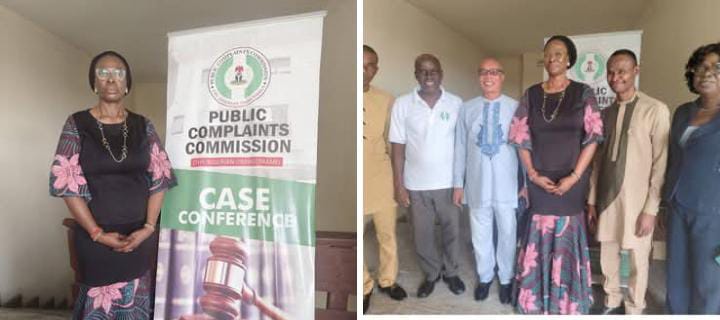
Bayelsa State public Com
By David Owei, Bayelsa
The Public Complaints Commission (PCC) in Bayelsa State has received a total of 5,000 complaints from 2024 to till date in the state.
The Federal Commissioner, Hon. Ineye Ronke Binawari, who disclosed this during the 50 years anniversary celebration of PCC, said out of the 5,000 complaints, 3,000 have been treated and 2,000 remain ongoing.
Hon. Ineye Ronke Binawari, who said the 50 years celebration, tagged: “50 Years of Promoting Administrative Justice”, is a clear show of trust and acceptance by the people of the state in resolving issues of rights violations by the State and Federal establishments.
Binawari said despite the shortage of funds, the PCC in Bayelsa State is reaffirming its commitment to uphold the principles of fairness, accountability and service to humanity, which very principles have been the cornerstone of its mandate since its inception in the state since 1997.
She said over the years, the Public Complaint Commission, as an organ of the Government, has redressed complaints lodged by aggrieved citizens against administrative injustice and thus presents a platform that gives every Nigerian and foreigner resident in the country, the opportunity to seek redress and obtain justice at no financial cost.
“Over the past five decades, the Commission has, to its credit, championed fairness, transparency, and good governance by ensuring that the ordinary everyday citizen has access to justice outside the conventional court system.”
” The Public Complaints Commission has expanded from a single Federal office in Lagos in 1975, to all the 36 States of the Federation and the FCT, handling, on an annual basis, hundreds of thousands of complaints and securing justice mostly for the common man and the underprivileged on issues ranging from wrongful dismissal, delayed pensions, salary arrears and land issues to administrative excesses and plain abuse of administrative authority by public officers and public office holders.”
“Employing the Alternative Dispute Resolution (ADR) methods of conciliation, arbitration and mediation, the Commission has played a very vital role in decongesting the courts. Recent years have also seen further innovations such as the establishment of a radio station, digital complaint channels, call centres, and community sensitisation programmes designed to make the Commission’s services more accessible and responsive.”
“The Public Complaints Commission is now fifty (50) years old, and it is fitting, in view of this milestone existence and performance of its core functions and achievements, that it is celebrating this golden jubilee at the headquarters and in the thirty-six (36) State offices and the FCT.”
-

 Business & Economy2 months ago
Business & Economy2 months agoPC-NCG Issues Disclaimer on Purported Nigerian Coast Guard National Orientation Exercise In Anambra State
-

 Entertainment1 year ago
Entertainment1 year agoJubilation galore as Parishioners of CKC Kurudu celebrate their cultural heritage ….FG should exploit our Cultural heritage to unite Nigerians-Rev Fr Dim
-

 Law & Crime4 months ago
Law & Crime4 months agoICPC pledges to collaborate with FIDA to end Sex for Marks in tertiary institutions
-

 General News1 year ago
General News1 year agoCelebration galore as UDA Successfully Elected New Exco ……I will digitalize processes that will raise UDA to greater height -Comr. Okejiri
-

 General News1 year ago
General News1 year agoReps hold public hearing on FMC Ugwuaji Awkunanaw
-

 Law & Crime3 months ago
Law & Crime3 months agoLegal practitioner raises alarm over threat to his life by CSP Muhammed Abdulkareem
-

 General News1 year ago
General News1 year agoKugbo Hill Tragedy: Trailer Crushes Car, Kills Four and Injures Several Others in Abuja
-
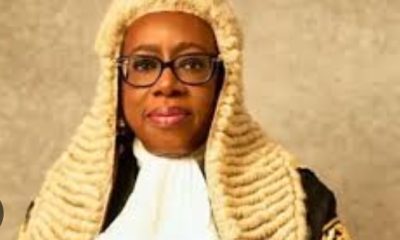
 Uncategorized9 months ago
Uncategorized9 months agoBenue govt drags NDIC to Federal High Court over illegal sell of shares …Demands N2.6billion damages


